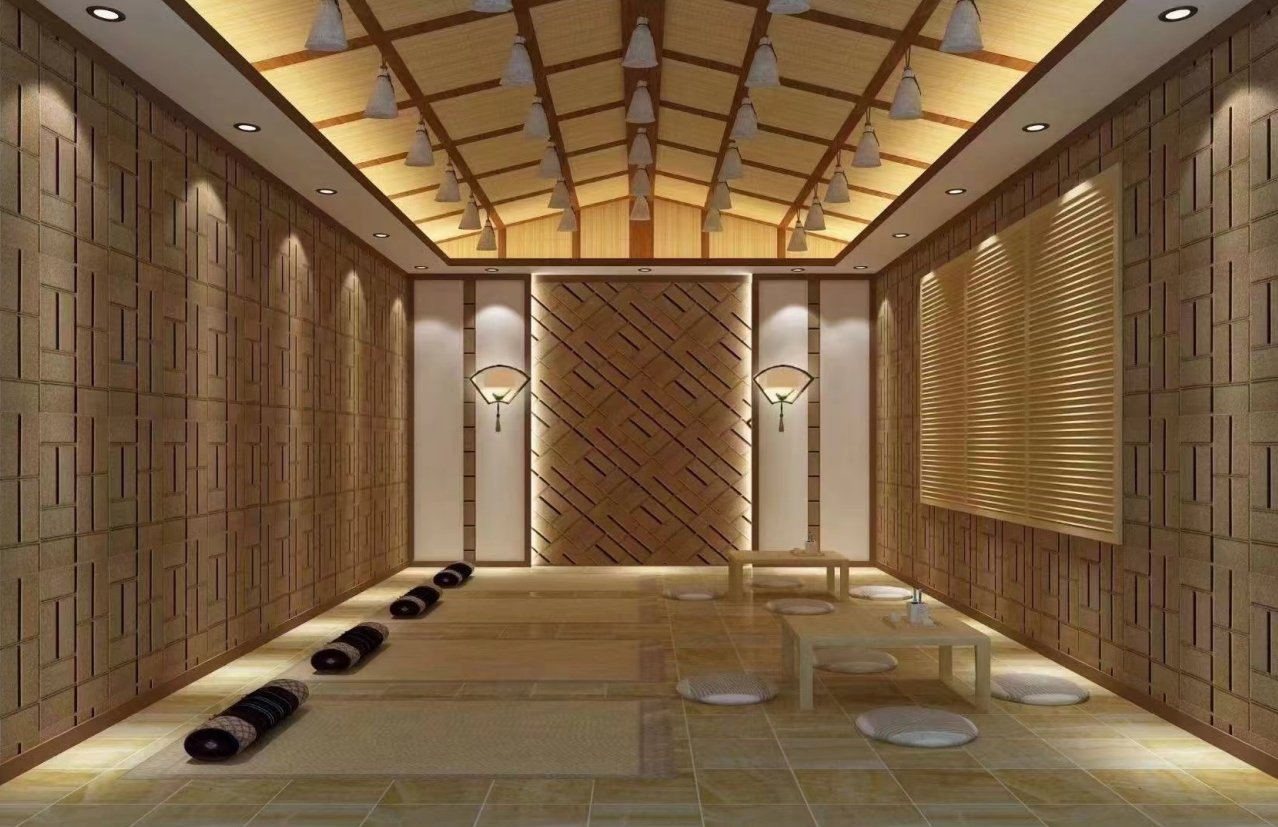
How do cedar and pine compare in terms of moisture resistance for sauna rooms in cold climates?
In cold climate regions, sauna rooms are a popular addition to homes, providing a warm and relaxing environment. When it comes to choosing the right wood for a sauna in such climates, two common options are cedar and pine. Moisture resistance is a crucial factor to consider as saunas are exposed to high levels of humidity.
Cedar is well - known for its excellent moisture - resistance properties. It contains natural oils that act as a barrier against moisture penetration. These oils not only repel water but also help to prevent the growth of mold and mildew, which are common concerns in a sauna environment. In cold climates, cedar's ability to withstand the repeated cycles of moisture absorption and evaporation is remarkable. When the sauna is heated, the cedar wood is less likely to warp or crack due to moisture - related stress compared to many other woods.
On the other hand, pine is also a popular choice for sauna construction. While pine is not as inherently moisture - resistant as cedar, it can still perform well if properly treated. Pine has a relatively straight grain which can contribute to its stability. However, without proper treatment, pine is more susceptible to moisture absorption. In a cold climate sauna, untreated pine may start to show signs of decay over time as the moisture from the steam accumulates.
One of the key differences between cedar and pine in terms of moisture resistance lies in their density. Cedar is generally less dense than pine. Paradoxically, this lower density can be an advantage when it comes to moisture resistance in a sauna. The less - dense cedar allows for better air circulation within the wood, which helps in drying out the moisture more quickly. In contrast, the denser pine may hold onto moisture for longer periods if not managed properly.

